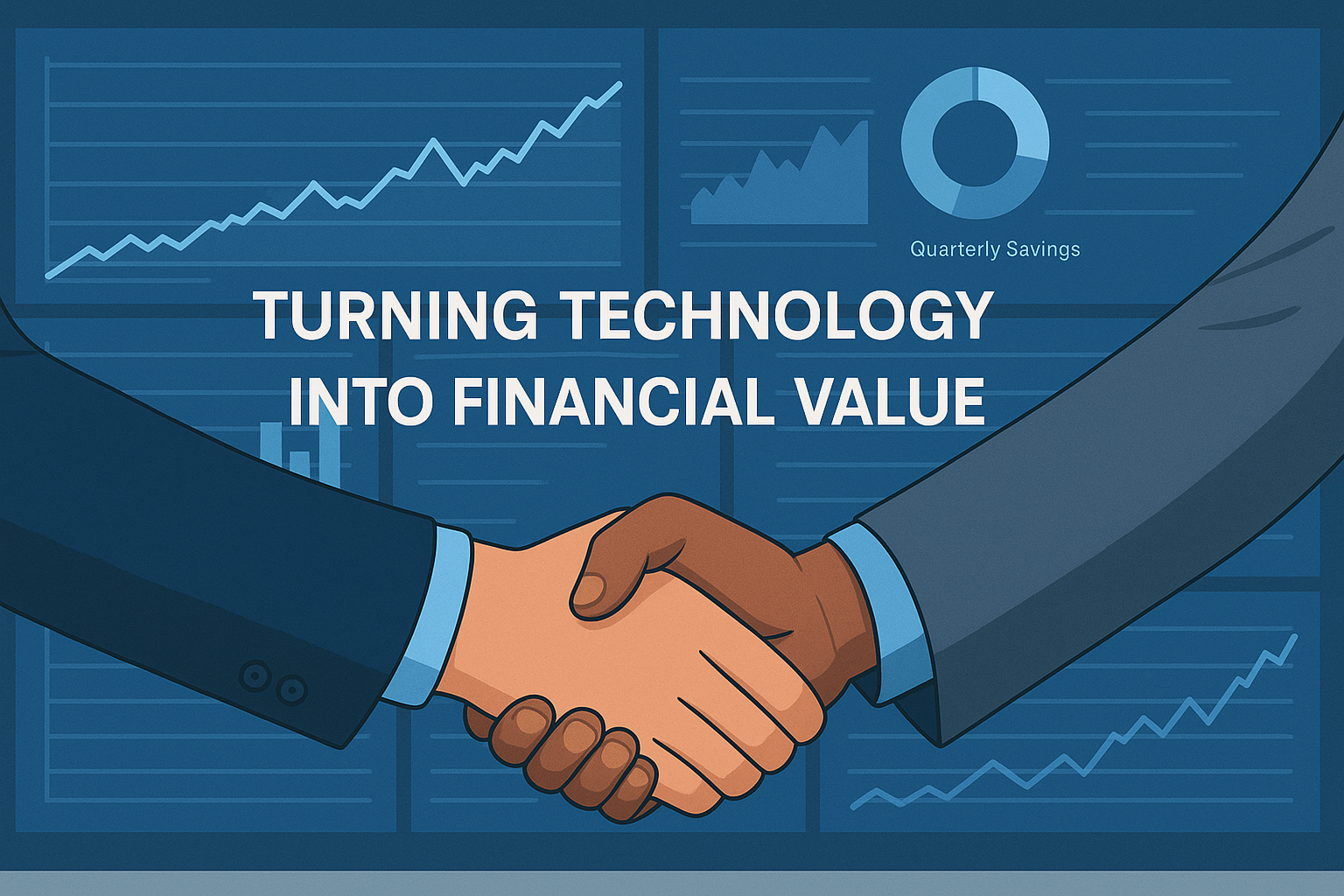Why VoIP Encryption is Essential for Secure Business Communication
In today’s digital-first world, protecting business communications is non-negotiable. While Voice over Internet Protocol (VoIP) offers cost savings, mobility, and efficiency, unprotected systems open the door to cyber threats. Without proper safeguards, sensitive conversations can be intercepted, manipulated, or exploited.
That’s where VoIP encryption comes in. Encryption converts your audio and data into unreadable code—keeping your business communication secure from hackers, fraudsters, and prying eyes.
🔒 Without encryption, VoIP calls can be:
- Eavesdropped on by attackers seeking confidential information
- Hijacked for spoofing or unauthorized call rerouting
- Used as an entry point for malware and network intrusion
The solution? Adopt industry-leading encryption protocols to protect every VoIP communication layer.
1. What Is VoIP Encryption & How Does It Work?
VoIP encryption protects digital voice traffic by encoding data during transit—so only intended parties can access it. This ensures conversations stay private and tamper-proof.
🔹 Core Encryption Technologies
✅ Secure Real-time Transport Protocol (SRTP) → Encrypts voice streams to prevent eavesdropping. By encrypting the payloads of Real-time Transport Protocol (RTP) packets, SRTP ensures that voice data remains confidential during transmission. IBM‘s Voice Gateway supports SRTP, providing enhanced security for audio media streams.
✅ Transport Layer Security (TLS) → TLS encrypts the signaling data in VoIP communications, such as call setup and management information. Implementing TLS helps protect against man-in-the-middle attacks and ensures that the signaling pathways are secure. (Cisco)
✅ End-to-End Encryption (E2EE) → E2EE ensures that only the communicating users can access the content of their communications, effectively preventing intermediaries from eavesdropping. Utilizing E2EE in VoIP calls adds an additional layer of security, making it significantly more challenging for unauthorized parties to intercept and decipher communications. (AP News)
💡 Example: A law firm uses SRTP and TLS to protect client calls—ensuring attorney-client confidentiality even if traffic is intercepted.
📌 Takeaway: Strong encryption keeps communication secure at every stage of the call process.
2. Top Protocols to Keep Your VoIP Calls Secure
Not all encryption methods are created equal. For optimal protection, businesses should use a combination of trusted protocols.
🔹 Encryption Protocols You Should Know
- SRTP: Protects the audio portion of a call using AES encryption
- TLS: Secures the metadata—call setup, identity, and connection integrity
- VPN: Shields entire VoIP sessions by creating a private, encrypted tunnel over public networks
📌 Tip: Combine SRTP and TLS for layered security. Use a VPN if your teams work remotely or on public Wi-Fi.
💡 Looking for advanced VoIP security? Read: Strengthening VoIP Security: Best Practices for 2025
3. How to Prevent Call Interception & VoIP Threats
Encryption is crucial—but it’s just one piece of the security puzzle. Combining it with network-level protections is the best defense against modern threats.
🔹 Best Practices for VoIP Security
✔ Firewalls tailored for VoIP traffic
✔ Multi-Factor Authentication (MFA) for admin logins
✔ Software updates to patch known vulnerabilities
✔ STIR/SHAKEN protocols to prevent caller ID spoofing
✔ Regular audits to identify configuration weaknesses
💡 Example: A financial institution blocked a spoofing attempt by combining TLS encryption with advanced firewall settings.
📌 Takeaway: VoIP encryption must work hand-in-hand with broader network security protocols.
💡 Learn more: The Ultimate Guide to STIR/SHAKEN for VoIP Security
4. Choosing the Right Encryption-Enabled VoIP Solution
Not every provider includes built-in VoIP encryption. Look for vendors who offer full-stack security as part of their core services.
🔹 Must-Have Features
- Full SRTP and TLS support
- Secure SIP protocols
- HIPAA, PCI DSS, GDPR compliance
- AI-powered threat detection
- Encrypted softphones and physical desk phones
💡 Example: A healthcare provider chose TeleCloud’s secure VoIP platform to encrypt patient communications and ensure HIPAA compliance.
📌 Takeaway: Make sure your VoIP provider doesn’t treat encryption as an upgrade—it should be the default.
📞 Need enterprise-grade protection? Talk to TeleCloud today
Final Thoughts: Secure VoIP Starts with Smart Encryption
📌 Key Takeaways:
- Use protocols like SRTP, TLS, and VPN to protect voice traffic
- Combine encryption with firewalls, MFA, and caller verification
- Work with providers who prioritize compliance and secure deployment
- Regularly update systems and conduct security assessments
🚀 Ready to lock down your business communication? VoIP encryption is your first and best line of defense.
📞 Contact TeleCloud to upgrade your VoIP security today.





